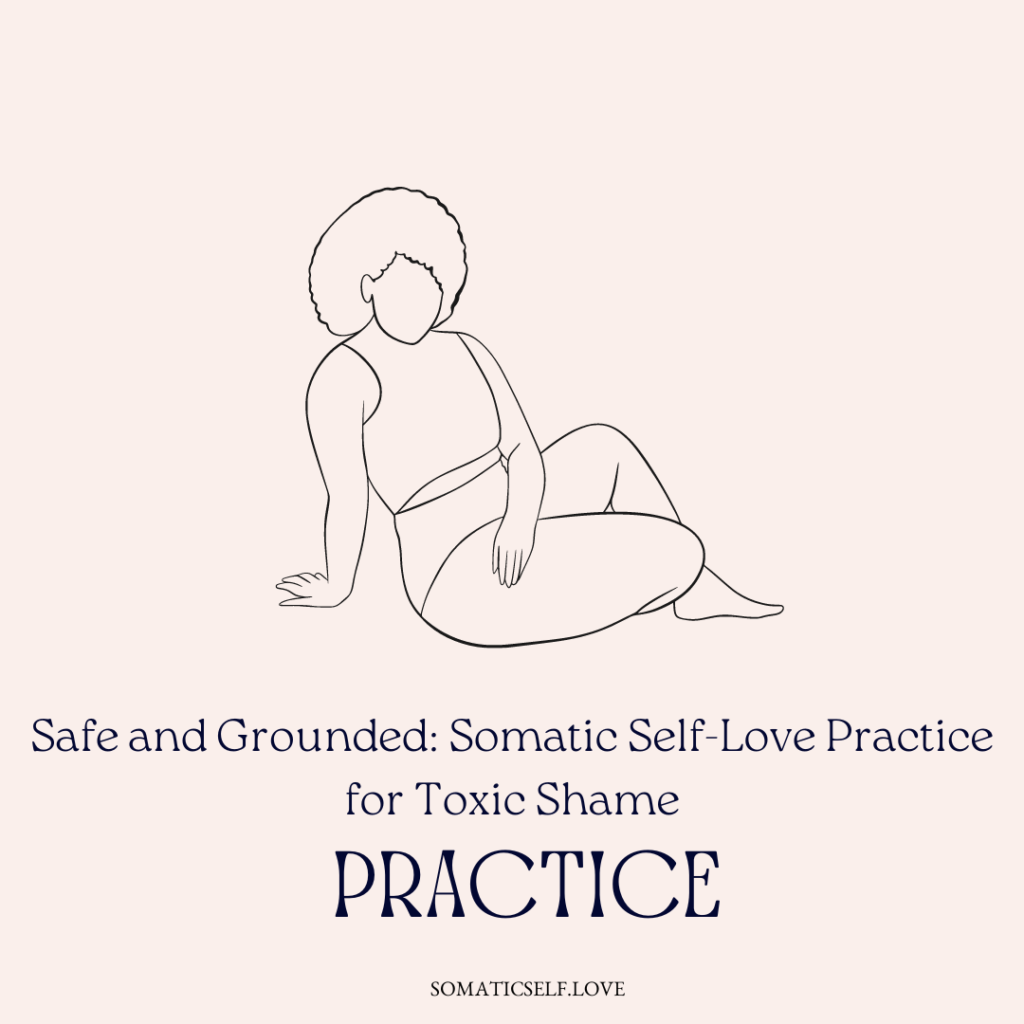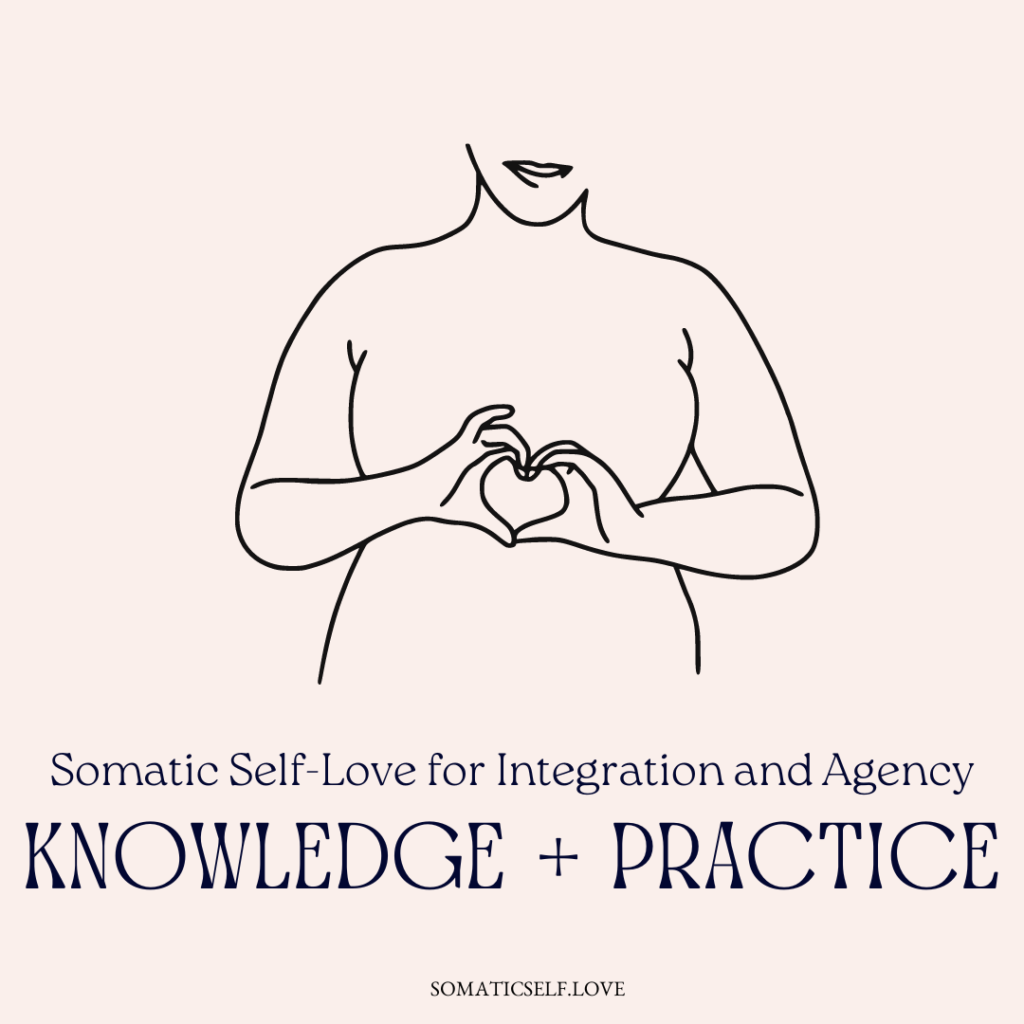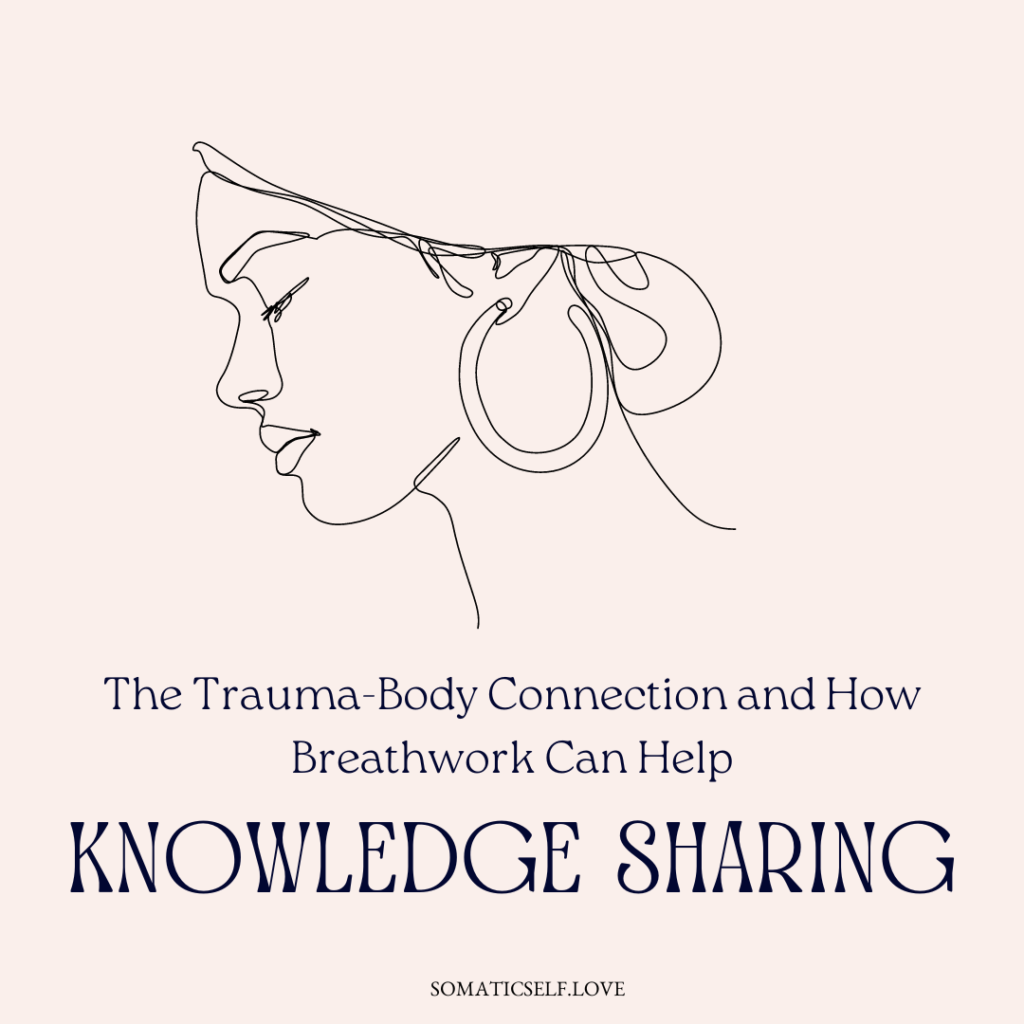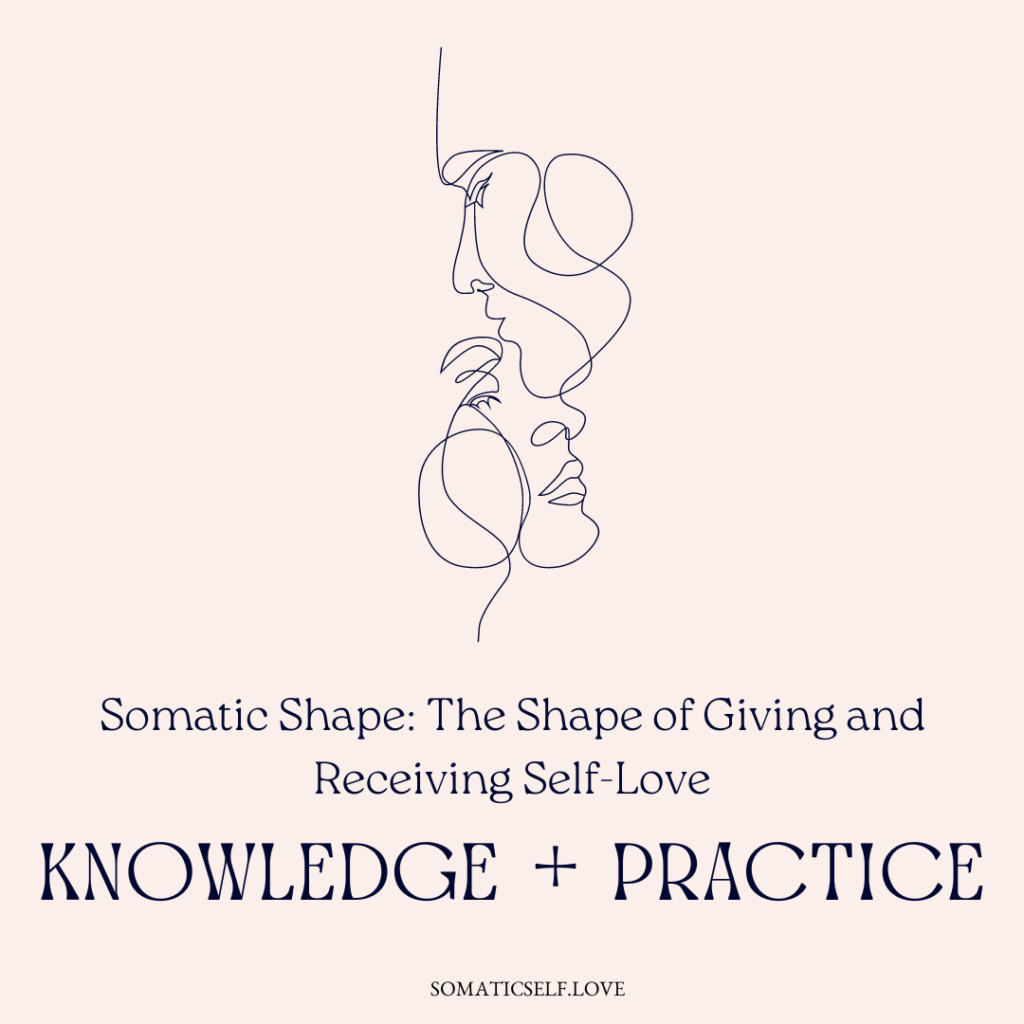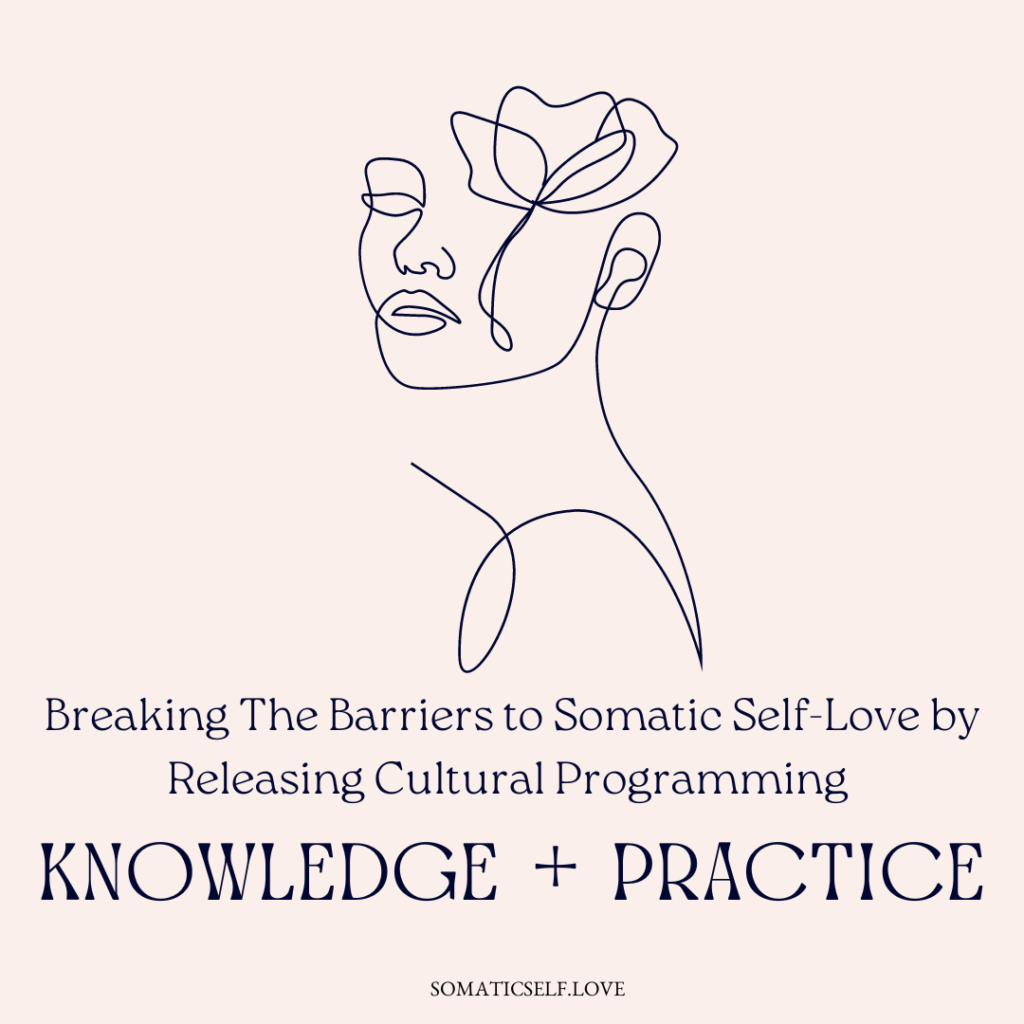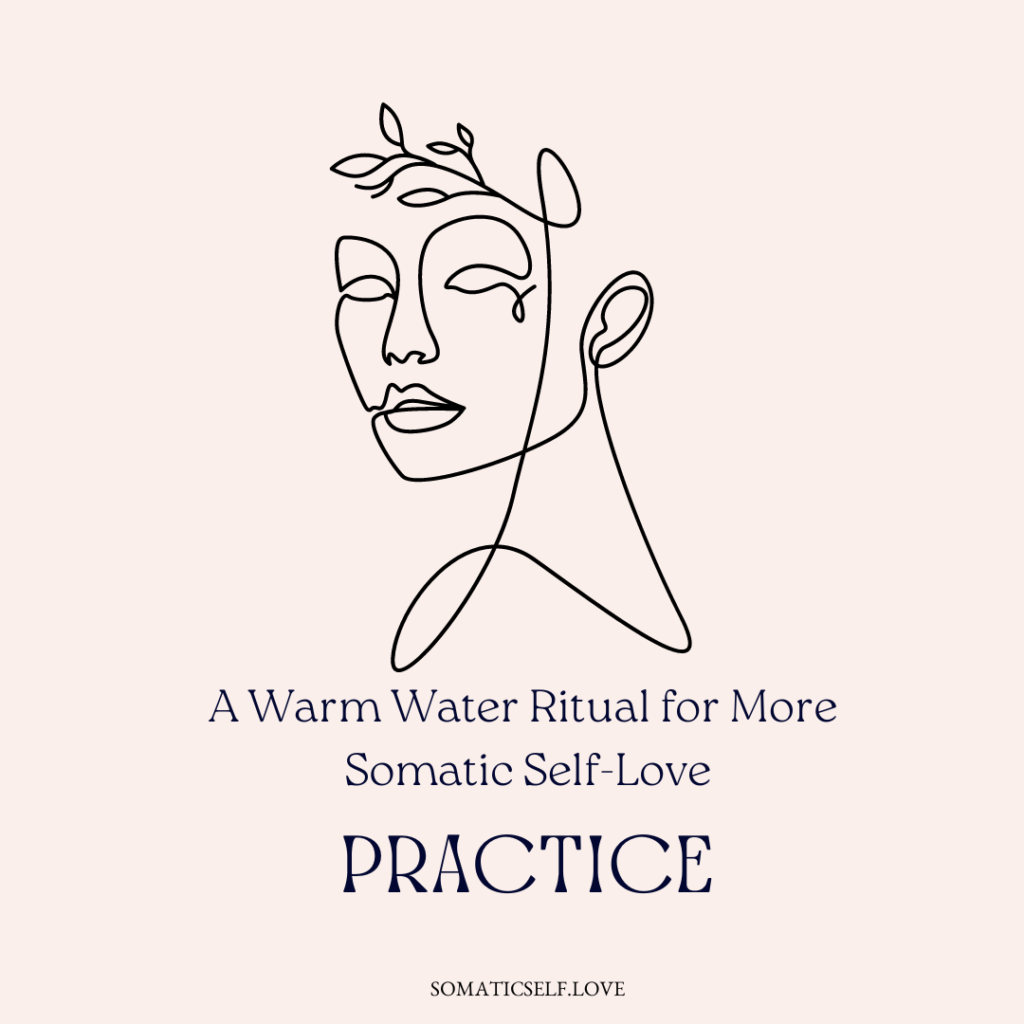Safe and Grounded: Somatic Self-Love Practice for Toxic Shame
Toxic shame can be a particularly insidious form of trauma, as it often develops slowly over time and can be challenging to identify and address. Somatic Self-Love can be a helpful tool for releasing shame and promoting greater self-acceptance and self-compassion. Toxic shame refers to a pervasive and long-lasting feeling of shame that is deeply…
Read more
